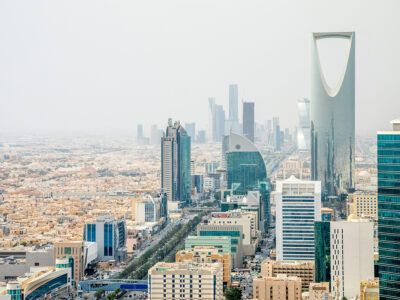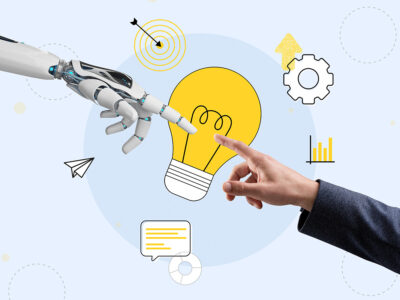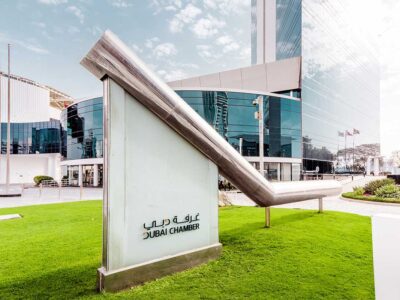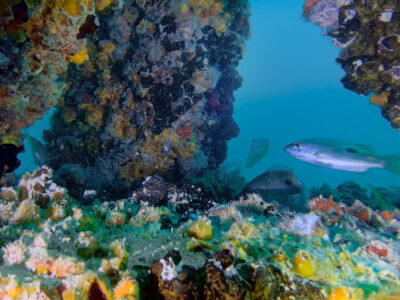In the Gulf region, manufacturing has proven itself to be critical in nation-building. It has brought vital infrastructure, jobs, and economic growth, and has been a source of innovation across the region, even serving as a backstop and a catalyst for economic recovery in leaner times.
Today, in the midst of the Fourth Industrial Revolution, we see spikes in demand and a growing need to align with international standards along the entire length of the value chain.
Innovation – in the form of new automation options, and technologies such as Building Information Modelling (BIM) and modular housing – is to be welcomed, but the presence of new technologies requires a response from industry decision makers to ensure their organisations do not become obsolete.
For those that get the balance right between technology adoption and business realities, opportunities are plenty – opportunities to build new capacities, to futureproof operations, to upskill the workforce and to design and implement new hybrid workspaces.
The UAE has always been a leader in such changes. Digital transformation has been a strong driving force for positive change in a multitude of industries and use cases across the nation. The UAE has been a pioneer in 5G, which is expected to accelerate the implementation of Internet of Things solutions, making it a potent catalyst for innovation in construction, where a range of machine-to-machine (M2M) use cases can be found.
Operation 300bn, announced in March 2021, is another example of the UAE’s ambition. The initiative calls for the doubling of the industrial sector’s contribution to GDP by 2031. In launching the national strategy, the Ministry of Industry and Advanced Technology made clear that the target would be reached by embracing digitisation.
Optimising the decade of action
As with many such programmes, Operation 300bn is aligned with the UAE’s other national goals and its global commitments, specifically calling for sustainable economic growth and the use of clean energy sources. We may be embarking on a decade of action, but we must ensure that our efforts in digital transformation do not have environmental side-effects.
Manufacturers across the world are now dedicating themselves to reducing their carbon footprints and operating within circular value chains. 4IR technologies such as cloud, AI, and machine learning have the capacity to accelerate delivery of the United Nations’ Sustainable Development Goals (SDGs).
When we created Microsoft for Manufacturing, we wanted to give our customers the opportunity to reach net-zero carbon emissions by 2030. We plan to be carbon-negative by that time, so we considered Microsoft for Manufacturing to be the perfect way to help our customers to optimise energy consumption, and improve water and waste management. We have long been advocates for the responsible leverage of technology. Microsoft for Manufacturing allows organisations to monitor and optimise their entire enterprise’s green efforts by predicting trends and prescribing actions.

The need for collaboration
Our actions cannot achieve sustainable impact if we operate alone. Greater collaboration across governments, enterprises and civil society is essential to guarantee global results. We must enable manufacturers to drive business transformation, achieve growth, and become more socially responsible through digital technology.
Our recent participation at the fourth edition of the Global Manufacturing and Industrialisation Summit proved invaluable in nurturing further cross-sectoral collaboration. Robust debates took place on topics such as dark and smart factories, remote work, quantum machine learning (QML), 5G, cloud, the Industrial Internet of Things (IIoT), digital twins, and the blue economy.
As digital innovation continues to skyrocket, reskilling workers will be critical to harnessing emerging technologies and enjoying the opportunities they present. AI can empower every individual and organisation to achieve more and add more value, freeing workers from mundane tasks and allowing them to be more creative.
Microsoft’s Project Bonsai is a collaboration with petrochemical company SCG to deliver a low-code AI platform to speed up the development of AI-powered automation that can improve production efficiencies and reduce downtime.
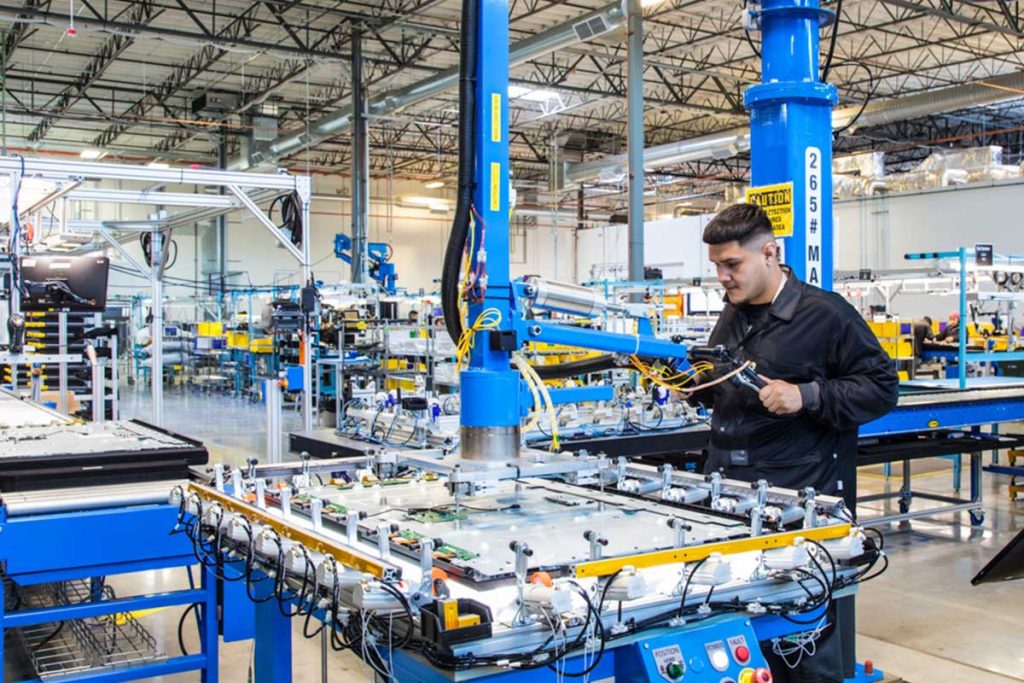
And Microsoft Manufacturing Core is a Microsoft MEA initiative dedicated to digital transformation in the industry – a centre that unites AI, cloud technologies, and IoT to transform manufacturing businesses, specifically with a view to increasing productivity, driving innovation and evolving ecosystems.
Working with our partners, we have helped customers double down on smart manufacturing, digitising their processes through capabilities such as autonomous supply chains, lights-out factories, digital twins, and control towers.
The potential benefits of accelerating and broadening the adoption of digital technologies are significant. The manufacturing sector has the capability, through digital advancement, to deliver wide-ranging societal benefits.
Solutions for a smarter tomorrow
Bespoke industry solutions are key to business resilience and growth, and Microsoft is uniquely positioned to empower the sector in this regard. 4IR technologies can be applied to a wide array of generational issues, from climate change to urbanisation. Properly used, these technologies can bring positive change, improve working conditions for all, and provide pathways to disruptive solutions.
But we must remember that without global collaboration, we are lost. Businesses, large and small, along with governments and people, must be full partners in the change. Only by acting together can we unleash the full potential of the technologies at our fingertips and accelerate the enhancement of our workplaces, our environment, and our lives.
